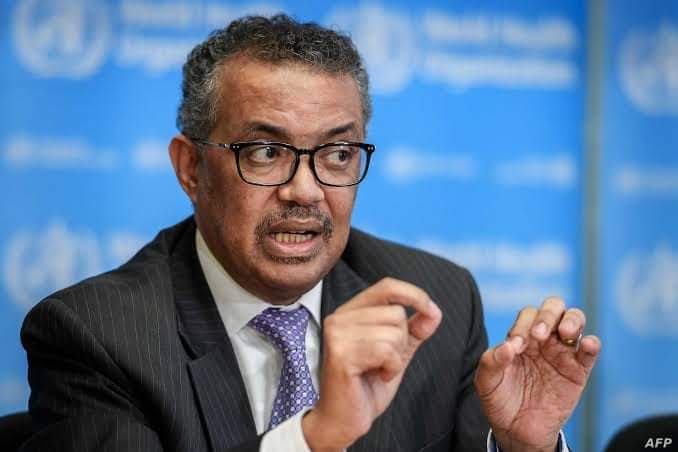WHO predicts a rise in Africa’s HIV deaths and Malaria Spike amid coronavirus pandemic says over 500,000 Africans will die from HIV-AIDS.

The World Health Organisation (WHO) has predicted that over 500,000 people in Sub-Saharan Africa could die from AIDS and its related illness amid the COVID-19 pandemic.
The WHO said unless African governments take steps to address the issue, a number of Africans will die between now and next year.
According to a modelling analysis done by the WHO and UNAids, the disruption of antiretroviral therapy for about six months could cause Africa to record high AIDS-related death rates as it did in 2008 when more than 950,000 deaths were observed in the continent.
“The terrible prospect of half a million more people in Africa dying of Aids-related illnesses is like stepping back into history,” Tedros Adhanom Ghebreyesus, the WHO director-general said.
WHO Chief not long ago Warned of Malaria Spike in Africa
The World Health Organization (WHO) chief warned Wednesday that border closures and trade disruptions due to COVID-19 precautions could cause malaria deaths in sub-Saharan Africa to double.
At his regular briefing in Geneva, WHO Director-General Tedros Ghebreyesus told reporters a new modeling analysis published last week estimates potential COVID-19 related disruptions to deliveries of malaria services such as vaccines and other treatments in 41 countries in sub-Saharan Africa.
In the worst-case scenario, he said, the number of malaria deaths in sub-Saharan Africa could double.
Tedros said 21 countries worldwide are reporting shortages of vaccines for other diseases as well, including measles, polio, cholera, yellow fever and meningitis.
He said approximately 13 million people have been affected globally by delays in regular immunizations.
Tedros also re-emphasized that the WHO is concerned about trends of increasing infections in Africa, as well as Eastern Europe, Latin America and some Asian countries.
UNAids executive director Winnie Byanyima said the treatment could be interrupted, with HIV services closed or unable to supply antiretroviral therapy due to breakdown in the supply chain.
“It could even be because services simply become overwhelmed due to competing needs to support the Covid-19 response. There is a risk that the hard-earned gains of the Aids response will be sacrificed to the fight against Covid-19, but the right to health means that no one disease should be fought at the expense of the other,” Ms Byanyima said.
The WHO director-general entreated governments to ensure that HIV positive patients adhere to treatment and that testing services won’t be disrupted.
“It will be important for countries to prioritise shoring up supply chains and ensuring that people already on treatment are able to stay on treatment” Dr Tedros added.

















